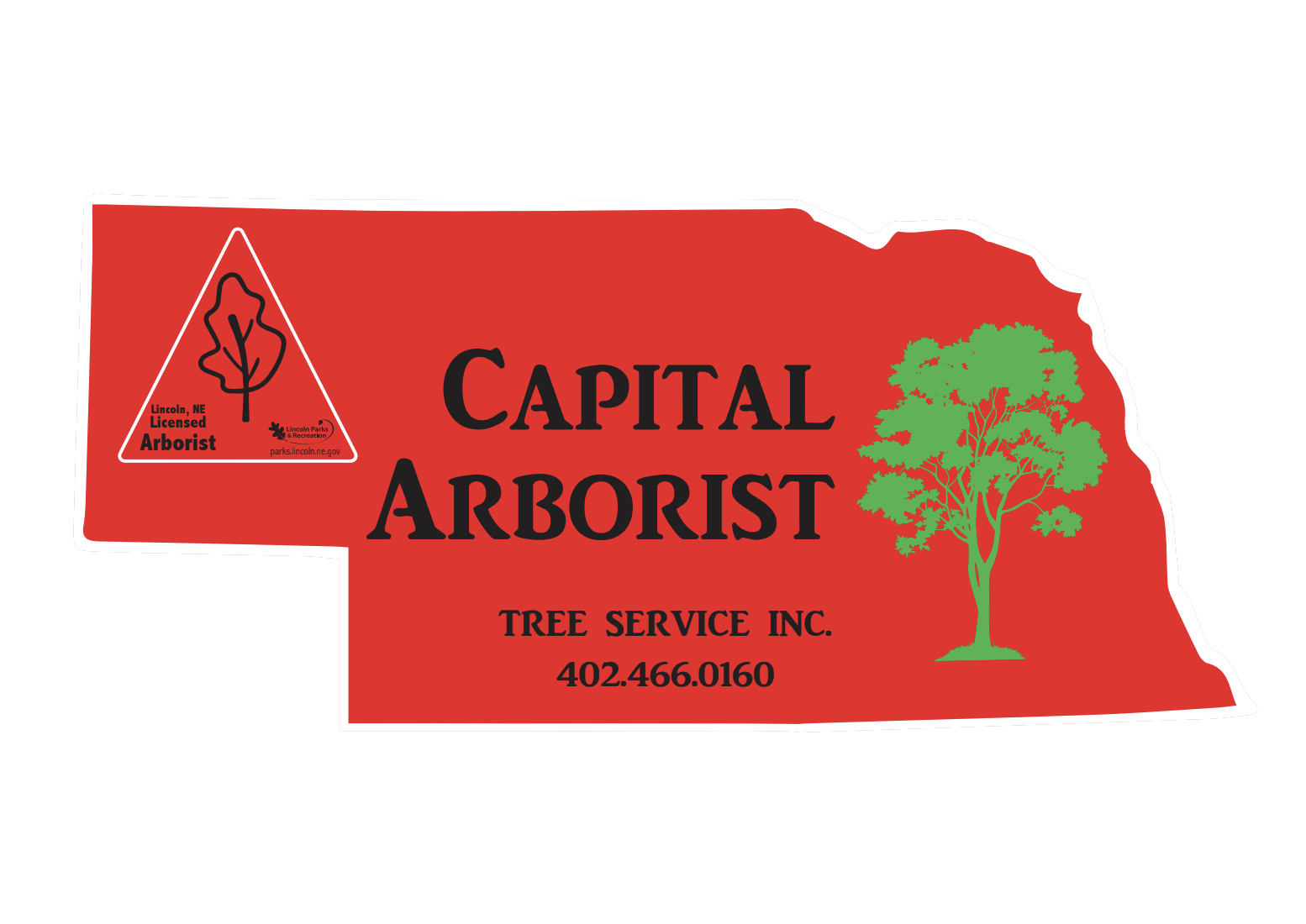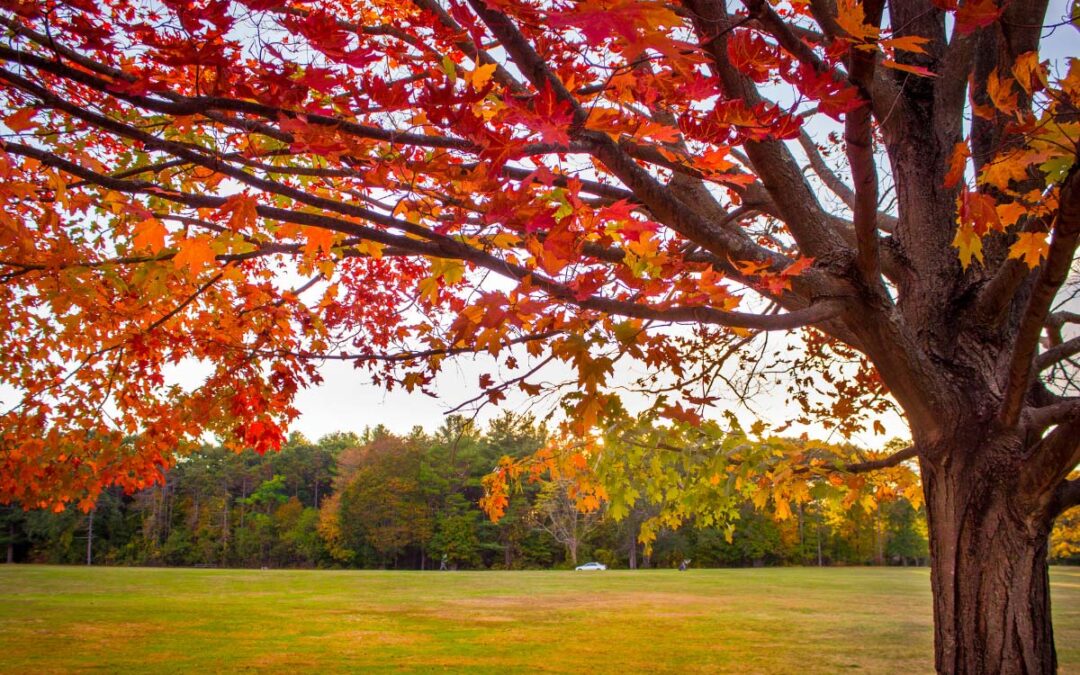Nebraska’s current drought conditions range from abnormally dry to extreme drought. This makes fall and winter watering extremely important. Homeowners often believe their landscape plants survived a drought year, but then dieback shows up three to five years after a drought. There are a few different ways that drought can affect your landscaping, including:
- Cold Temperature Injury
A lack of water creates an increased risk of winter desiccation and cold temperature injury. When a plant is dealing with drought conditions, it can mean the plant cells aren’t as full of water as they need to be. This can make plants less able to protect themselves from damage during colder weather, even when many are usually dormant. - Pest Attacks
Drought conditions create more stress for trees and shrubs. This makes them more susceptible to attack by harmful pests like borers, canker disease and Verticillium wilt. And once these pests have taken hold of a tree or shrub, they can be difficult to treat when a plant is already stressed due to drought.
While most plants benefit from fall watering, the priority should be evergreens, newly planted trees and shrubs and younger woody plants. Soil needs to be kept moist to an 8” to 12” depth from the trunk/stems out to at least the dripline of trees and preferably well beyond. If plants are not mulched, a 3” to 4” deep layer of organic mulch, like wood chips, should be applied in at least a 4’ diameter ring around plants to conserve soil moisture. Winter watering may be needed in the absence of rain/snowfall. Water can be applied early in the day when soils are not frozen and air temperatures are above 40 to 45 degrees Fahrenheit.
Irrigation Systems and Cold Weather
When you are watering during fall, make sure to disconnect hoses at night to prevent freezing of water trapped in the lines. Irrigation lines should be drained and prepped for winter. This will help protect your watering systems and components from freezing winter temperatures, which can cause damage to the system.
If you need further advice on evergreen needle drop, you can rely on us to help you identify the pest and help you to eliminate it. Call us anytime to set up an appointment!

